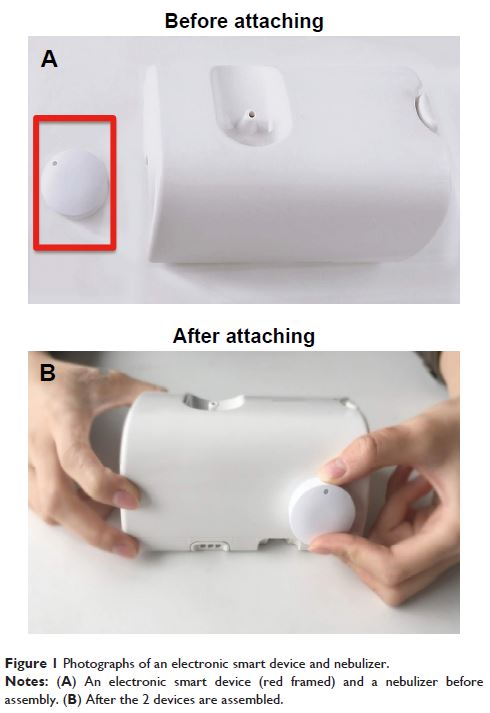108985
论文已发表
注册即可获取德孚的最新动态
IF 收录期刊
- 3.4 Breast Cancer (Dove Med Press)
- 3.2 Clin Epidemiol
- 2.6 Cancer Manag Res
- 2.9 Infect Drug Resist
- 3.7 Clin Interv Aging
- 5.1 Drug Des Dev Ther
- 3.1 Int J Chronic Obstr
- 6.6 Int J Nanomed
- 2.6 Int J Women's Health
- 2.9 Neuropsych Dis Treat
- 2.8 OncoTargets Ther
- 2.0 Patient Prefer Adher
- 2.2 Ther Clin Risk Manag
- 2.5 J Pain Res
- 3.0 Diabet Metab Synd Ob
- 3.2 Psychol Res Behav Ma
- 3.4 Nat Sci Sleep
- 1.8 Pharmgenomics Pers Med
- 2.0 Risk Manag Healthc Policy
- 4.1 J Inflamm Res
- 2.0 Int J Gen Med
- 3.4 J Hepatocell Carcinoma
- 3.0 J Asthma Allergy
- 2.2 Clin Cosmet Investig Dermatol
- 2.4 J Multidiscip Healthc

智能雾化器治疗气喘预测指数呈阳性的哮喘患儿吸入皮质类固醇依从性的短期效应
Authors Zhou Y, Lu Y, Zhu H, Zhang Y, Li Y, Yu Q
Received 16 January 2018
Accepted for publication 18 March 2018
Published 18 May 2018 Volume 2018:12 Pages 861—868
DOI https://doi.org/10.2147/PPA.S162744
Checked for plagiarism Yes
Review by Single-blind
Peer reviewers approved by Dr Doris Leung
Peer reviewer comments 2
Editor who approved publication: Dr Naifeng Liu
Objective: To explore the effect of a smart nebulizing device on the rate of
adherence to inhaled corticosteroid (ICS) in children with positive Asthma
Predictive Index.
Methods: In total, 65 children with positive Asthma Predictive Index and
under the age of 5 years who visited our hospital from October 2015 through
October 2016, were randomly assigned to receive conventional nebulization or
smart nebulization. The smart nebulizer was connected to smart phones via an
App. The following information was collected: rate of adherence to ICS,
frequency of emergency visits or hospitalizations, application of antibiotics
or oral steroids, and wheezing progression or improvement.
Results: The rate of adherence to ICS was 86.67% (26/30), 76.67% (23/30),
and 67.33% (20/30) in the smart nebulization group, and 62.86% (22/35), 51.42%
(18/35), and 40.00% (14/35) in the conventional nebulization group after 4-,
8-, and 12-week therapy, respectively. There were significant differences
between the 2 groups at all of the time points (P <0.05).
Both day- and night-time wheezing scores were significantly lower in the smart
nebulization group than those of the conventional nebulization group after 4-,
8-, and 12-week therapy (P <0.05). The
frequency of emergency visits, comorbidity of respiratory infection,
antibiotics or systemic steroid usage, and therapeutic cost for additional
treatment during the 12-week study period, was significantly lower in the smart
nebulization group than that in the conventional nebulization group (P <0.05).
Conclusion: A smart electronic nebulization device could significantly improve
the rate of adherence to ICS in children under the age of 5 years, and thus
could significantly reduce the frequency of emergency visits and respiratory
infections as well as the usage of antibiotics or systemic steroids.
Keywords: smart nebulizer, adherence, inhaled corticosteroid, wheezing
